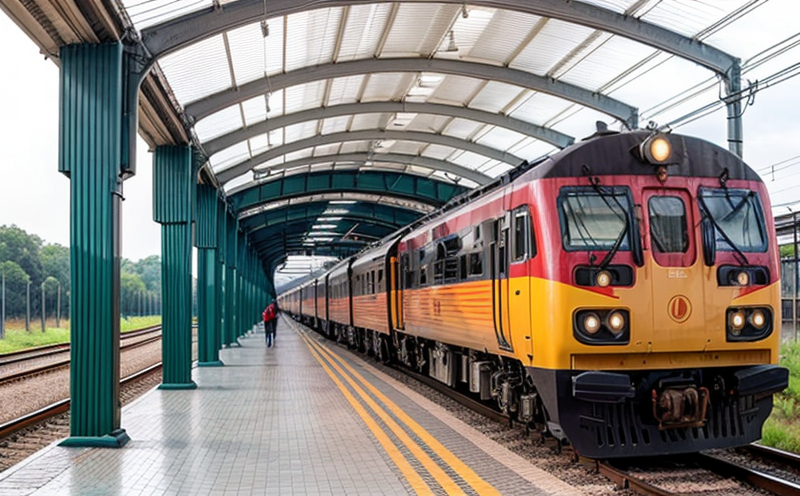Railway Transportation Regulations: A Comprehensive Overview
Introduction
Railway transportation plays a vital role in the global economy, connecting distant cities and countries through efficient and reliable networks. However, with the increasing demands of modernization and safety concerns, railway regulations have become more stringent to ensure public safety and prevent potential accidents. This article aims to provide an extensive overview of railway transportation regulations, highlighting key aspects, laws, and guidelines governing this industry.
Federal Regulations in the United States
In the United States, railway transportation is regulated by the Federal Railroad Administration (FRA) under the Department of Transportation. The FRA enforces various regulations aimed at enhancing safety and efficiency on railways. Some of these federal regulations include:
Hours of Service: Railway workers are required to adhere to specific working hours to prevent fatigue-related accidents.
Positive Train Control (PTC): Railways must implement PTC systems, which automatically control train speeds to prevent collisions or derailments.
Locomotive Maintenance: Locomotives must undergo regular maintenance checks to ensure they are in good working condition.
In addition to federal regulations, states also have their own set of laws governing railway transportation. These laws cover various aspects, including:
Railway Safety Inspection: Regular safety inspections are conducted by state agencies to ensure compliance with federal and state regulations.
Track Maintenance: Railways must maintain tracks in good condition to prevent accidents.
European Railway Regulations
In the European Union (EU), railway transportation is regulated by the EUs Railway Interoperability Regulation. This regulation aims to harmonize railway systems across member states, ensuring safe and efficient operations. Some key aspects of EU railway regulations include:
Interoperability: Railways must ensure that trains can run safely and efficiently on different tracks and networks.
Safety Management Systems: Railways must implement safety management systems to identify and mitigate potential risks.
Key Aspects of Railway Regulations
While federal and state laws regulate specific aspects of railway transportation, some key aspects are worth noting:
Safety First: Railway regulations prioritize public safety above all else, with strict guidelines for train operation, maintenance, and employee conduct.
Interstate Commerce Commission (ICC): The ICC regulates interstate commerce, including railway transportation, to ensure compliance with federal laws.
National Transportation Safety Board (NTSB): The NTSB investigates accidents and incidents to identify causes and improve safety measures.
Compliance and Enforcement
Railway regulations are enforced by various agencies, including:
Federal Railroad Administration (FRA): The FRA enforces federal regulations, conducts inspections, and investigates complaints.
State Regulatory Agencies: State agencies enforce state-specific laws and conduct regular safety inspections.
Railway operators must comply with these regulations to avoid penalties, fines, or even revocation of their operating licenses. Compliance requires ongoing training for employees, regular maintenance checks, and adherence to strict guidelines.
QA Section
Q: What is the difference between federal and state railway regulations?
A: Federal regulations govern national aspects of railway transportation, while state laws cover specific requirements for each states railways.
Q: Can railway operators appeal or contest regulatory actions?
A: Yes, railway operators can appeal or contest regulatory actions by submitting a formal complaint to the relevant agency.
Q: What are some common causes of railway accidents?
A: Common causes include human error, equipment failure, and poor maintenance practices.
Q: How often must locomotives be inspected for maintenance?
A: Locomotives must undergo regular maintenance checks, as specified by federal regulations, to ensure they are in good working condition.
Q: Can railway workers refuse to work due to safety concerns?
A: Yes, railway workers have the right to refuse to work if they believe their safety is at risk.

































